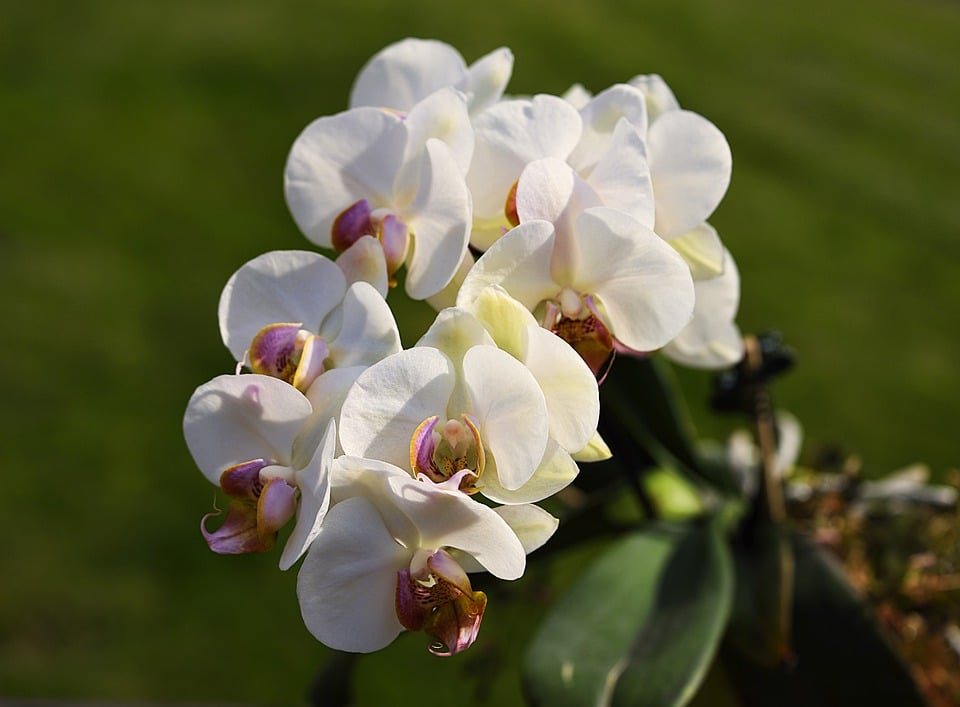Introduction
Horticulture therapy is a practice that uses plants and gardening activities to improve the physical, mental, and emotional well-being of individuals. It has been used for centuries as a form of therapy and has been proven to have numerous benefits for individuals of all ages and backgrounds.
Physical Benefits
One of the key benefits of horticulture therapy is the physical benefits it provides. Engaging in gardening activities can help individuals improve their strength, flexibility, and coordination. For example, planting seeds, watering plants, and digging can all help to increase muscle strength and improve overall physical fitness. Additionally, spending time outdoors in nature while gardening can provide individuals with much-needed Vitamin D, which is essential for bone health and overall physical well-being.
Mental Benefits
Aside from physical benefits, horticulture therapy also offers numerous mental health benefits. Gardening can be a great way to reduce stress and anxiety, as it allows individuals to focus on the present moment and engage in a calming activity. The act of nurturing plants and watching them grow can also provide a sense of accomplishment and boost self-esteem. In addition, studies have shown that spending time in nature can help reduce symptoms of depression and improve overall mood.
Emotional Benefits
Another important aspect of horticulture therapy is its emotional benefits. Gardening can provide individuals with a sense of purpose and connection to the natural world. For individuals who may be struggling with emotional issues such as grief or trauma, engaging in gardening activities can be a way to process emotions and find healing. The act of caring for plants and watching them thrive can also foster a sense of hope and renewal.
Social Benefits
Additionally, horticulture therapy can provide social benefits by fostering a sense of community and connection. Participating in group gardening activities can help individuals build relationships and create a support system. Working together towards a common goal, such as growing a community garden, can promote teamwork and cooperation. This sense of camaraderie can help individuals feel a sense of belonging and reduce feelings of isolation.
Therapeutic Techniques
There are various therapeutic techniques used in horticulture therapy to help individuals achieve their physical, mental, and emotional goals. One common technique is sensory gardening, which involves engaging all five senses in the gardening experience. This can include planting fragrant flowers, tasting herbs, listening to the sounds of nature, feeling different textures, and observing the vibrant colors of plants. Another technique is horticultural education, which involves teaching individuals about plant care, gardening techniques, and the benefits of nature. This can help individuals develop new skills, increase their knowledge, and build confidence in their abilities.
Case Studies
There have been numerous case studies that demonstrate the effectiveness of horticulture therapy in improving the well-being of individuals. For example, a study published in the Journal of Physiological Anthropology found that gardening activities can reduce cortisol levels (a stress hormone) and improve mood in individuals with chronic stress. Another study published in the Journal of Health Psychology showed that gardening can increase feelings of happiness and life satisfaction in older adults. These studies highlight the positive impact that horticulture therapy can have on mental and emotional health.
Conclusion
In conclusion, horticulture therapy is a powerful and effective form of therapy that offers numerous benefits for individuals of all ages. From physical improvements to mental and emotional well-being, engaging in gardening activities can provide a sense of purpose, connection, and healing. By harnessing the healing power of nature, individuals can experience profound transformations in their overall health and well-being.



